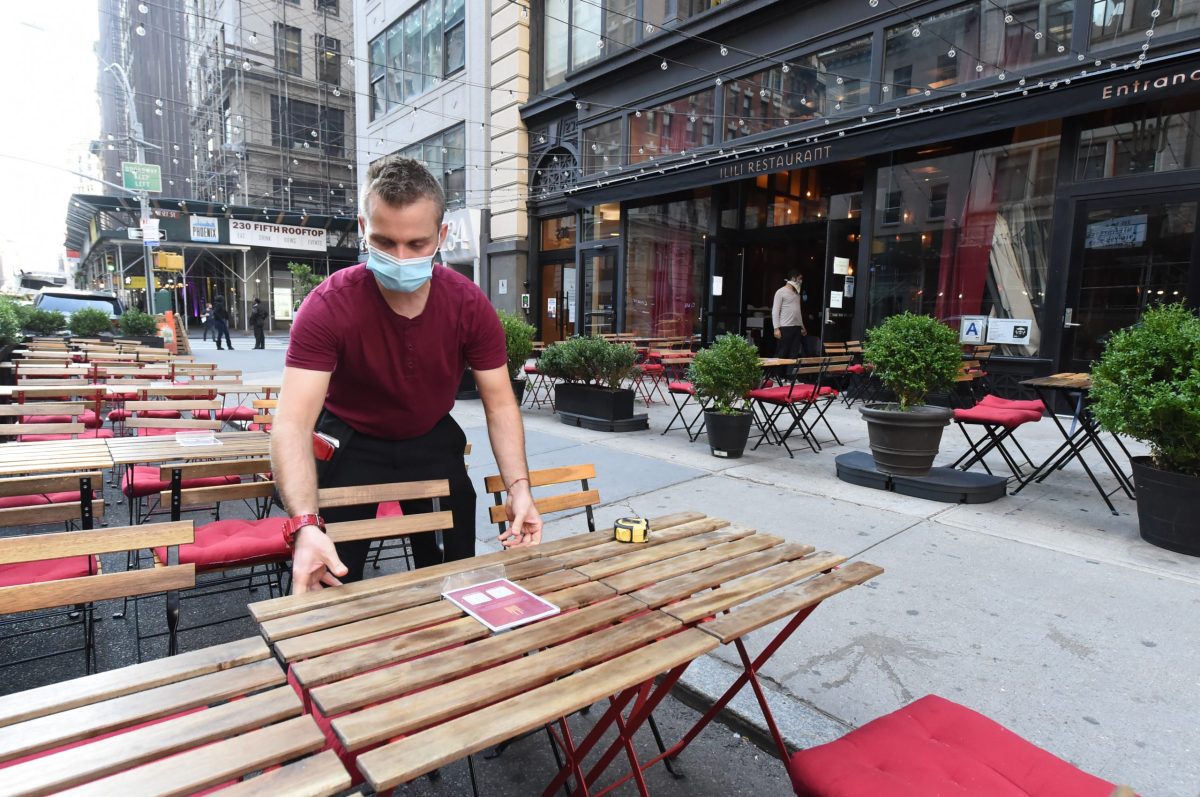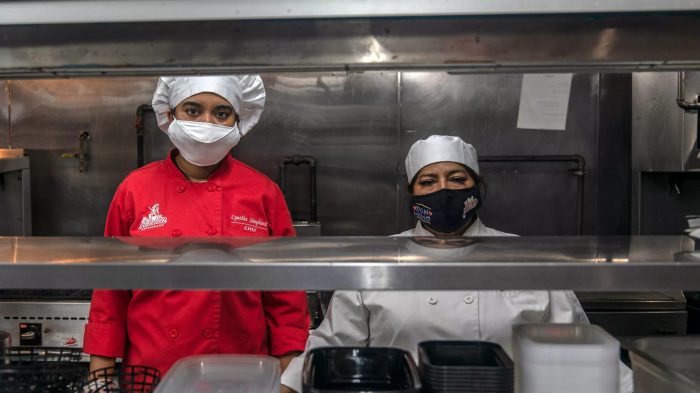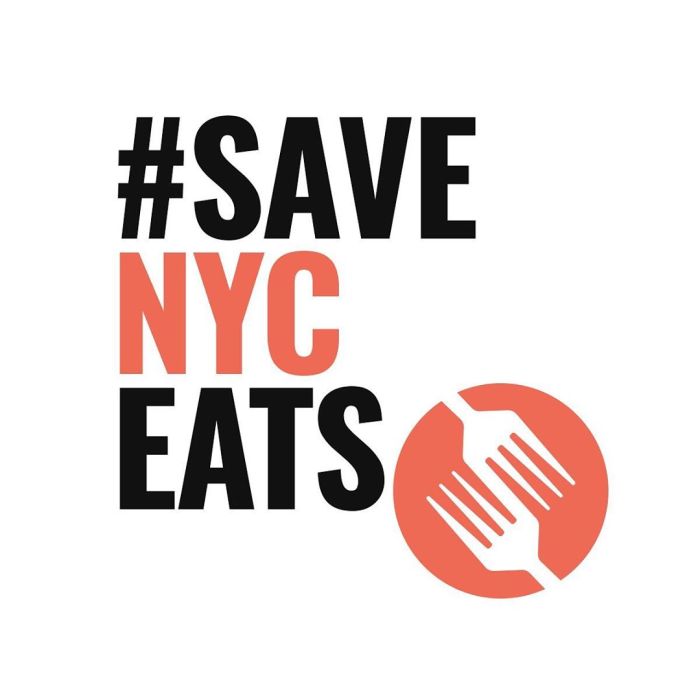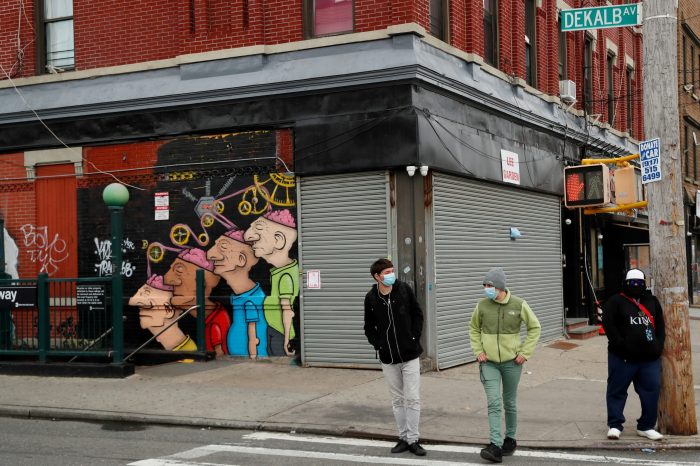A group of supporters of state legislation to combat wage theft across New York state slammed one of the city’s biggest boosters of the restaurant industry for opposing the bill.
The SWEAT Coalition, in an open letter to the New York City Hospitality Alliance on June 1, claimed the organization seemed more interested in protecting the bottom line of businesses rather than employees in standing against A.766, a bill that Manhattan Assemblywoman Linda Rosenthal sponsored to stop unscrupulous employers from depriving their workers of a proper wage.
The alliance, however, charged that the current legislation is a road to hell paved with good intentions — as it contains provisions that could financially paralyze businesses and even their managers over the most basic claims of wage theft.
Known as the SWEAT Bill (Securing Wages Earned Against Theft), the legislation would enable employees wrongfully deprived of their pay to file liens against their current or former employer — much like any other business creditor would. Liens would essentially freeze the business’ assets and/or limit their borrowing power until the debt of the lien holder is satisfied.
More workers across New York have reported instances of wage theft in recent years, the SWEAT Coalition noted, stressing the necessity for the legislation. State lawmakers passed the bill during the 2020 session in Albany, but Governor Andrew Cuomo vetoed it when it arrived at his desk.
Giving workers the power to issue a lien against their employer, the coalition argued, would help level the playing field and discourage businesses from depriving their employees of their proper earnings.
In its open letter to the New York City Hospitality Alliance, the coalition suggested that the group was doing a disservice to workers in the restaurant and hospitality industry — and protecting unscrupulous business owners — in standing against the SWEAT bill.
“By currying sympathy for unscrupulous employers who ruthlessly and insistently exploit the weaknesses of the current law to make more profit off the backs of their workers, you hurt your own base of employers who aim to do the right thing,” the SWEAT Coalition wrote. “Moreover, during this pandemic, when workers, their families and many businesses are struggling, it is unconscionable that scofflaw employers use the pandemic to justify cheating their workers of their pay.”
The NYC Hospitality Alliance, however, believes the SWEAT bill contains severe flaws that would do more harm to businesses than good for the employees the legislation seeks to protect. The organization claims the legislation, as it is currently written, would enable disgruntled employees to file liens based on mere allegations rather than proven wrongdoing.
The alliance further claims the bill would shift the balance of power in negotiations from employers to employees over threats of wage claims and liens; drive up bankruptcy rates by businesses seeking to relieve themselves of the liens; and even put first-line managers at risk of being classified as “employers” and further subject to liens.
“Since the onset of the pandemic, our organization has advocated 24/7 to support the survival and recovery of New York’s restaurants, bars, clubs and workers. It’s unfortunate this coalition is trying to use the press, wage theft and COVID-19 to misrepresent the legitimate legal concerns that struggling small businesses have with this legislation, rather than addressing those issues openly in good faith, as we’ve done on behalf of the industry,” said Andrew Rigie, executive director of the New York City Hospitality Alliance.
“As acknowledged by Governor Cuomo when he vetoed the SWEAT bill in 2020, revoking due process raises significant legal issues, and until those critical considerations are updated, the legislation remains unviable,” Rigie added.


































